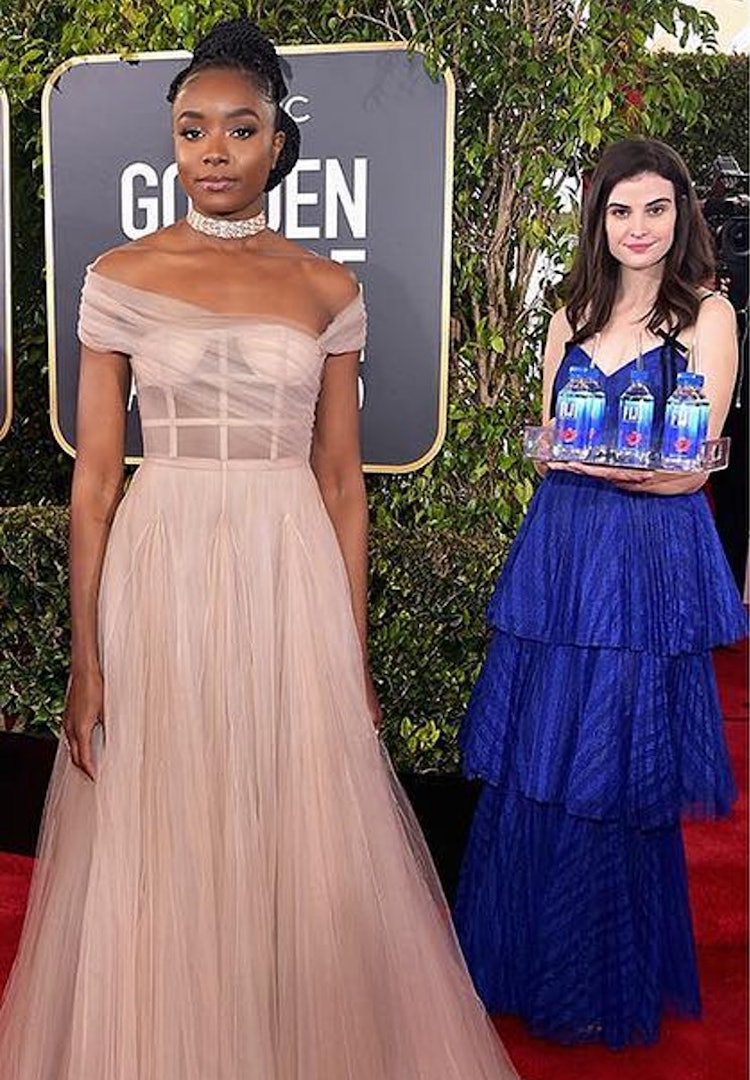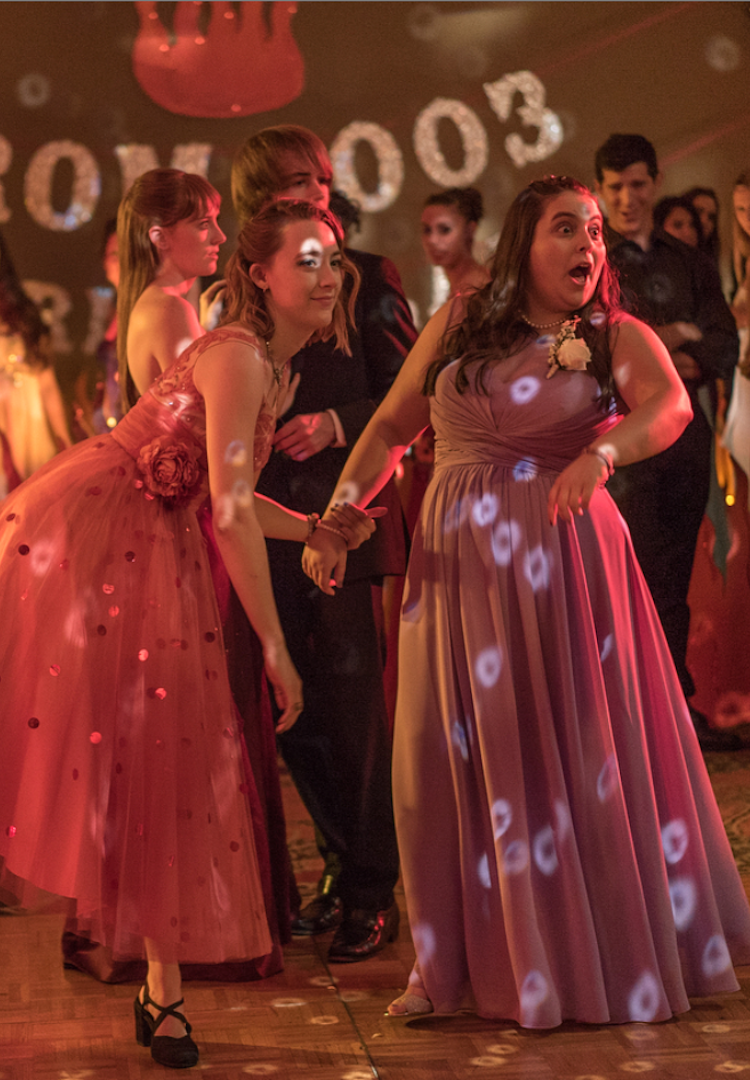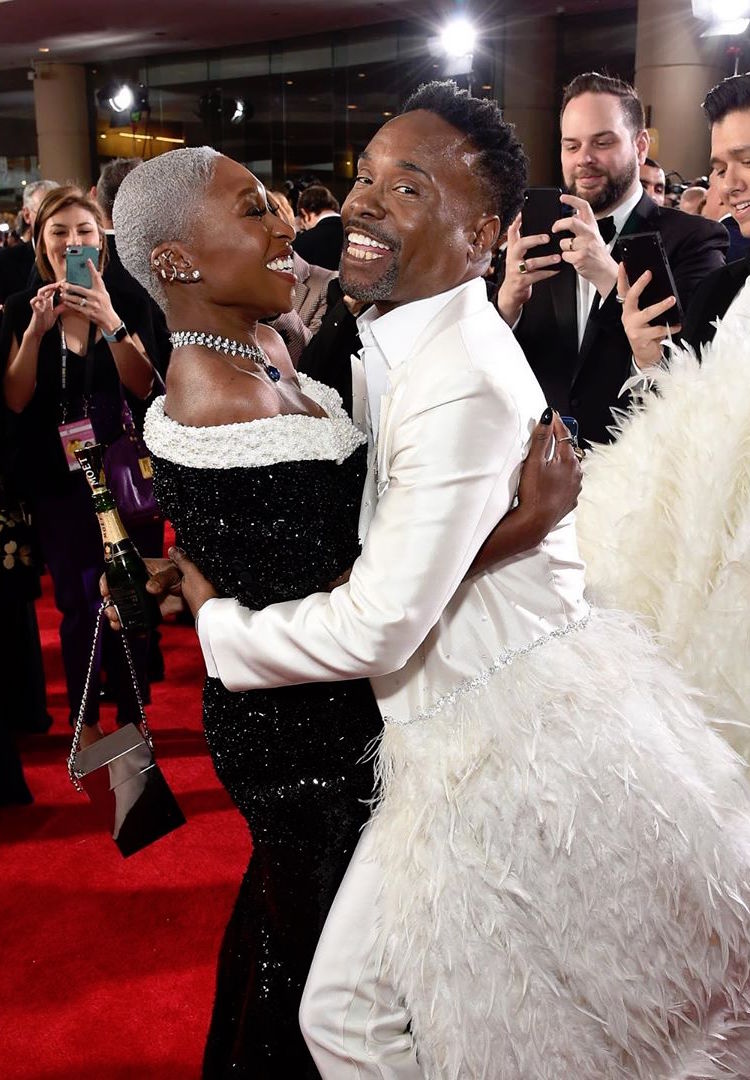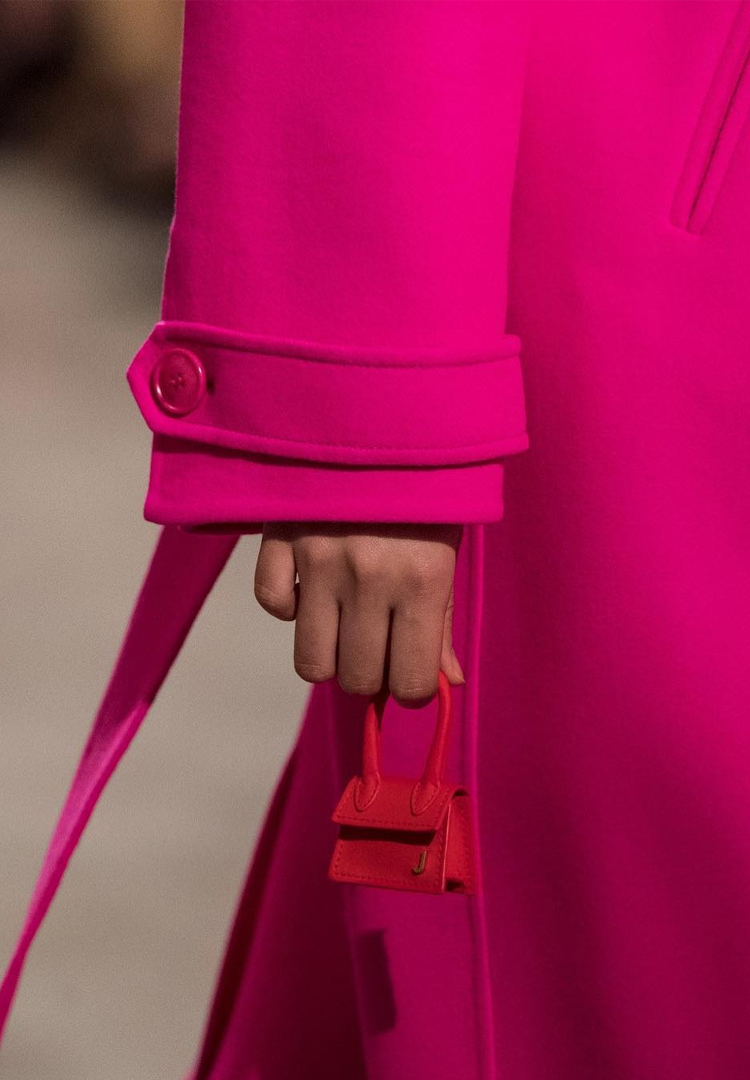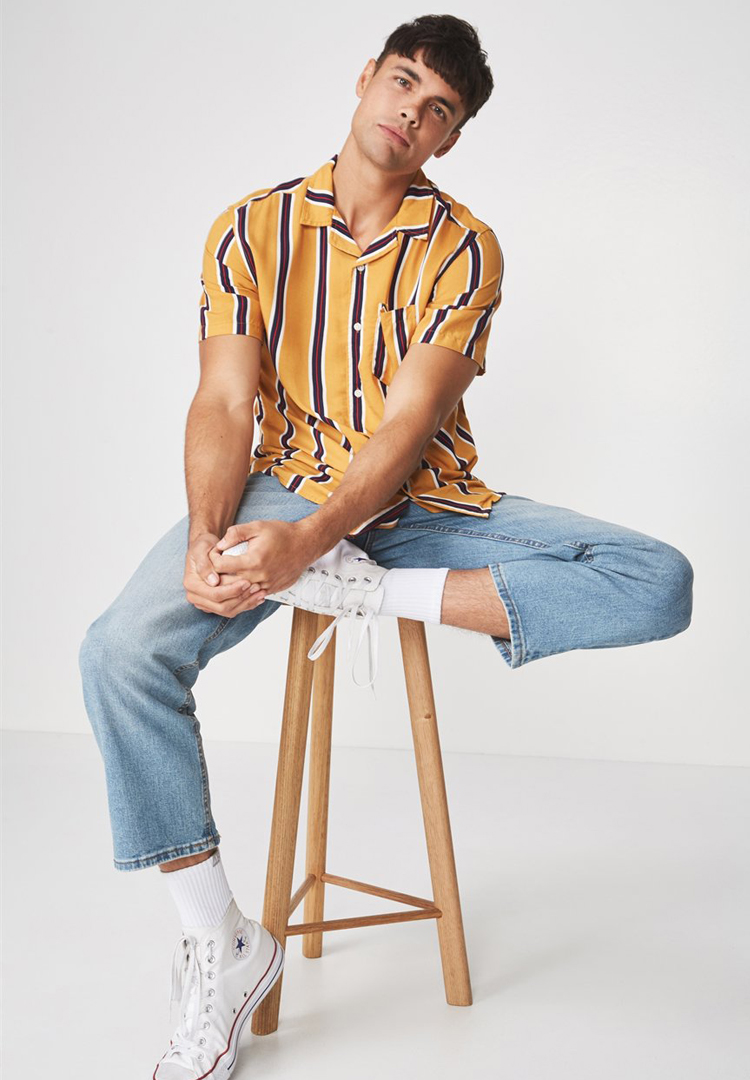Fiji Water Girl is a reflection of how dumb Gen Y meme culture has become
Images via FIJI Water Japan
Words by Bianca O’Neill
It’s time to kill meme culture.
We’re back for another year and, unfortunately, that means another year full of stupid memes that engulf the news cycle with their meaningless chatter.
We’re only a week or so into 2019, and already we have our first meme: Fiji Water Girl – aka Kelleth Cuthbert, a Wilhelmina model who already boasted more than 150,000 followers on Instagram before the hashtag even kicked off.
For those uninitiated in the subtle photobomber moves of Fiji Water Girl, here’s a quick rundown.
At this week’s Golden Globes, Cuthbert was hired to hand out Fiji Water on the red carpet to thirsty stars. Of course, no one drank any (which makes you wonder why her role existed in the first place, besides #advertising).
So Cuthbert, understandably bored and surrounded by cameras, subtly eyeballed the camera behind almost every huge star in attendance in an admirable attempt at mass photobombing.
Cue: memes.
And the award for Best Supporting Actress in Every Picture goes to… #FIJIwatergirl pic.twitter.com/G6Lwzmqig1
— FIJI Water Japan (@oneandonly_shop) 8 January 2019
Sure, it’s a bit of fun – I don’t mind a good meme myself. That is, until the meme becomes 100,000 news items. Then a feverish hunt for the Fiji Water Girl. Then a million interviews about her favourite photobomb of the night. Then an invite to late night TV spots. Then on and on, until the next meme hits.
I mean, good luck to Cuthbert. She deserves all the attention she gets, particularly considering the poor thing is a professional model with 150,000 Instagram followers who still has to take a job handing out water to celebrities. I’m sure she’d rather be on the runway, or shooting for Vogue.
My issue here is with the media cycle. In the pursuit of easy clicks, journalists have become nothing more than posting boards for the latest meme that had nothing to do with them.
It’s an easy way to jump on the algorithm bandwagon. Op-eds on why it’s bad that Fiji Water Girl is promoting single-use plastic bottles? *epic eye roll*
Meanwhile, I’ve seen zero op-eds on why this year’s Globes was so important, as one of the most diverse in history. I’ve seen nothing about the fact that the Globes created a new annual award named after TV legend and female comedy pioneer, Carol Burnett.
This year, I’ve seen more articles on Fiji Water Girl than the fact that out of the five films nominated as Best Film, three were about black Americans and one was about an Indian rock star. I mean, that’s an amazing and uplifting sign of the times in Hollywood.
Some of this year’s speeches were touching and powerful and deserved more coverage than a promotional model for Fiji Water. Take Regina King’s declaration that she will only hire staff with a 50 per cent female quota moving forward or Sandra Oh’s declaration that (as the first Asian American to win Best Actress in decades) the times are a-changing.
Or even this powerful statement, from Patricia Clarkson upon winning for her role in Sharp Objects: “You demanded everything from me but sex, which is exactly how it should be in this industry.”
It sent shivers up my spine. And yet all I see in my Facebook feed is Fiji Water Girl.
So are journalists actually to blame for the slow creep of memes into the news cycle? Or are we all to blame for rewarding algorithms by clicking on stories about them?
Are we all dumber for the rise of meme culture? Or are we just looking for something funny to click on, something light to offset all the negativity that surrounds us in today’s f*cked up world?
In my opinion, it’s just too simple to assume meme culture is a little bit of light-hearted fun. Netflix’s recent documentary, The American Meme, shows a darker side to meme culture – one that highlights the collateral damage that is left behind after the Instagram likes and TV lights fade away.
When Medium wrote about this last year, it concluded that young people are tired of being serious. That the rapid and relentless consumption of media drives us towards non-political content that brings us together.
Fiji Water Girl may bring us all together in a way that powerful feminist speeches can’t. But which one is more important? And which one do we want to remember when we look back on the Globes in years to come?
It’s time to kill meme culture – and the fleeting and damaging celebrity that comes with it.
Follow Bianca’s un-memeable moments on Instagram at @bianca.oneill.


